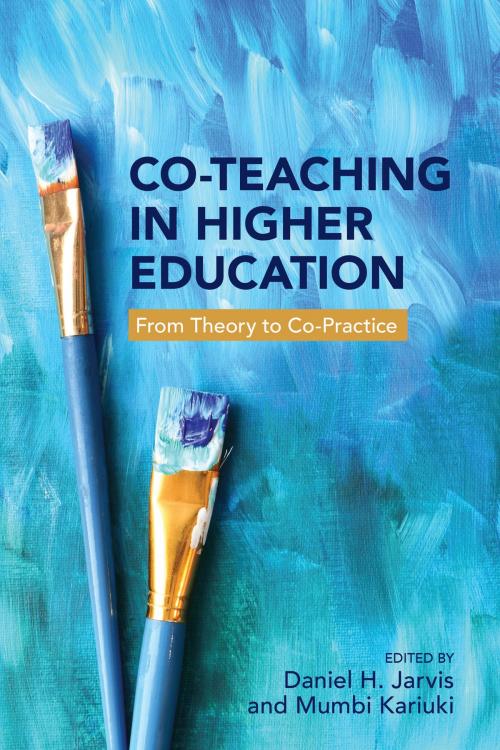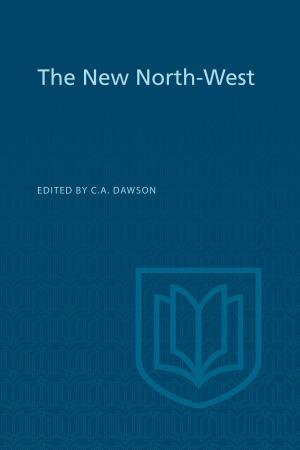Co-Teaching in Higher Education
From Theory to Co-Practice
Nonfiction, Reference & Language, Education & Teaching, Higher Education, Teaching, Teaching Methods| Author: | ISBN: | 9781487514235 | |
| Publisher: | University of Toronto Press, Scholarly Publishing Division | Publication: | October 3, 2017 |
| Imprint: | Language: | English |
| Author: | |
| ISBN: | 9781487514235 |
| Publisher: | University of Toronto Press, Scholarly Publishing Division |
| Publication: | October 3, 2017 |
| Imprint: | |
| Language: | English |
Co-Teaching in Higher Education, edited by Daniel Jarvis and Mumbi Kariuki, brings together an international group of educators and scholars to examine the theoretical frameworks and practical experiences relating to co-planning, co-teaching, and co-assessing at the post-secondary level.
Co-teaching practices at the elementary and secondary school levels have been widely documented. This collection explores topics that will enable post-secondary instructors to maximize their courses’ potential including undergraduate projects, graduate level co-teaching, pair and group co-teaching, co-taught single-subject courses, and innovative cross-curricular experiments. Contributors share their insights addressing key factors such as logistics, resources, administrative support, Ministry initiatives, and academic freedom. Jarvis and Kariuki have created an indispensable resource that provides the reader with an informed perspective on the realities of creating and sustaining rich co-teaching experiences at the university level.
Co-Teaching in Higher Education, edited by Daniel Jarvis and Mumbi Kariuki, brings together an international group of educators and scholars to examine the theoretical frameworks and practical experiences relating to co-planning, co-teaching, and co-assessing at the post-secondary level.
Co-teaching practices at the elementary and secondary school levels have been widely documented. This collection explores topics that will enable post-secondary instructors to maximize their courses’ potential including undergraduate projects, graduate level co-teaching, pair and group co-teaching, co-taught single-subject courses, and innovative cross-curricular experiments. Contributors share their insights addressing key factors such as logistics, resources, administrative support, Ministry initiatives, and academic freedom. Jarvis and Kariuki have created an indispensable resource that provides the reader with an informed perspective on the realities of creating and sustaining rich co-teaching experiences at the university level.















